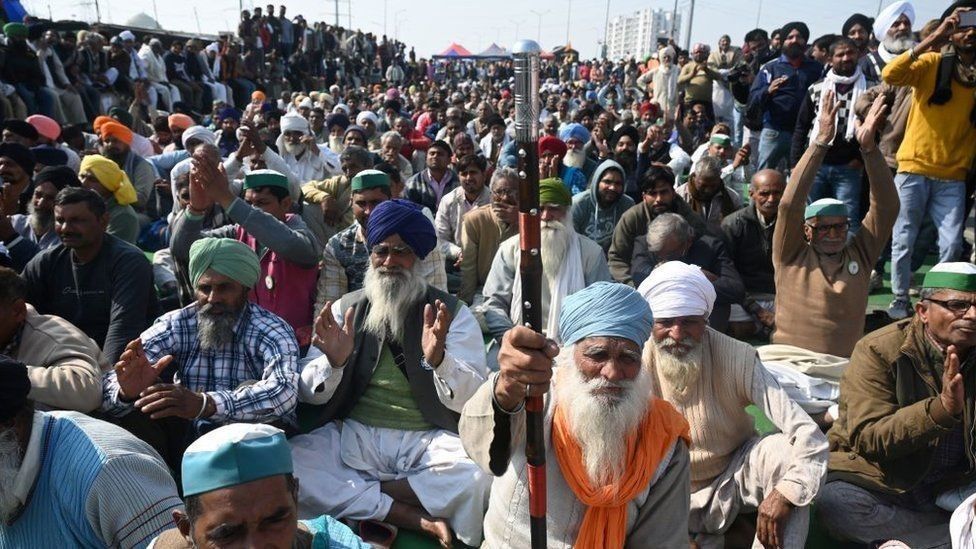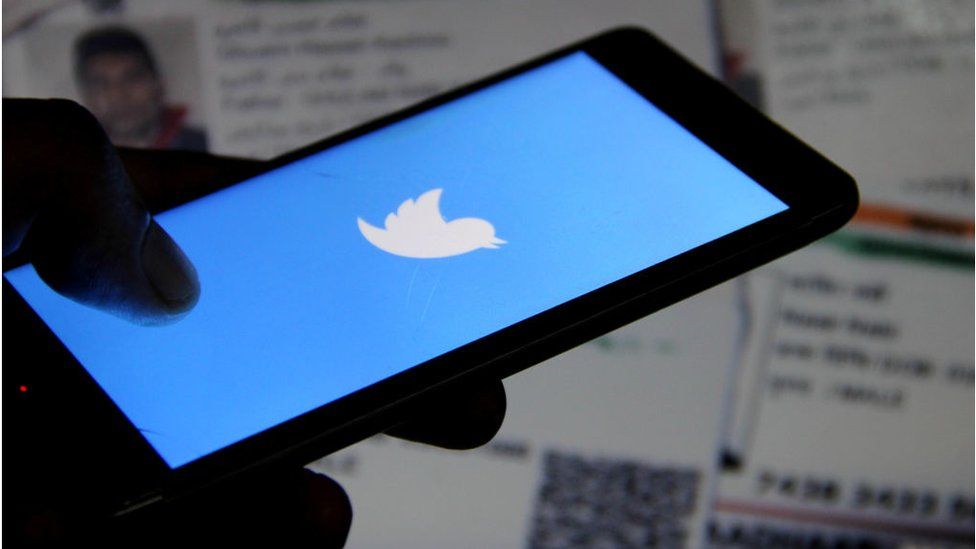Twitter sued the Indian government in July 2022 over its directives to block specific accounts and tweets. It was praised as a significant lawsuit by several free speech authorities.
It was the first time a social media company had sued the government over one of its frequently criticized, arbitrary, and ambiguous content takedown orders.
The Karnataka High Court dismissed Twitter's case last week and fined the company 5 million rupees ($61,000; £48,000) for disobeying the contested orders for more than a year. According to one estimate, Twitter has more than 24 million users in India.
Many experts in digital rights are concerned about the ruling.
The ruling gives the state unrestricted authority to impose blocking orders that circumvent procedural safeguards, according to Radhika Roy, an attorney and spokeswoman for the digital rights group Internet Freedom Foundation.
She continued by saying that rather than stopping "the rampant misuse" of the law to remove unfavorable content from the internet, the court ended up legitimizing it.
Commentators are uncertain about Twitter's upcoming action, including whether the social media behemoth will abide by the takedown orders or appeal the ruling.
Twitter filed the lawsuit when its previous management was in charge. The organization has complied with takedown orders under its new owner Elon Musk.
Following a recent meeting in the US with Prime Minister Narendra Modi, Mr. Musk declared that the business must "obey local government laws" or face closure.
Since the government has been accused of tightening its censorship of online content in recent years, the recent ruling raises questions about free speech. According to federal minister Rajeev Chandrasekhar, all foreign Internet services must adhere to Indian legal requirements.
While only eight Twitter URLs were blocked in 2014, 3,417 were blocked in India in 2022.
In India, the information technology law permits the government to block online content that "threatens the security of the state" and public order, among other things. Twitter argued that 39 orders by the federal government to block access to accounts and tweets were illegal.
According to that statement, only specific tweets can be blocked by the government, not entire accounts.
Furthermore, it claimed that the government had failed to establish the necessary justifications for the orders to remove content.
The government also failed to inform users whose accounts and tweets were being blocked.
According to the government, the directives were legitimate. According to the report, the disputed content was posted by "anti-India campaigners," and if those users knew that action was being taken against them, they might decide to tweet under an assumed name and harm others.
The government claimed that it was appropriate that only Twitter was informed of these orders.
Since the law demands that these orders remain private, it is unclear which accounts and tweets were in question.
However, one instance cited in the ruling shows that at least one account had tweeted about the farmer protest against new farm laws the government brought in 2021.

The government now has the authority to block not only individual tweets but also entire accounts, according to the court.
These directives might continue indefinitely. The user is not always required to be informed when the government blocks content, it was also added.
Before a blocking order is issued, users or the organization hosting the information, such as Twitter, must be given notice and an opportunity to be heard in court.
The government may immediately block a website in an emergency and then provide notice.
Additionally, written justification for why a website needed to be blocked must be included in the orders. This, according to Twitter, was absent from the government's orders.
The tweets and accounts in question, however, contained "outrageous," "treacherous," and "anti-national" content, according to the court, which could endanger public order and national security. It stated that Twitter had been informed of these specifics.
The court also agreed with the government's claims that Twitter had been informed in detail of the reasons for the blocking order in review meetings that had taken place prior to its adoption.
Additionally, the court ruled that it was up to the user to receive notice. Terrorists and "foreign adversaries who intend to discredit and destabilize India and jeopardize national security on racial grounds" make up the users in question.
It agreed with the government's justification that giving notice to such "anti-India" activists was "not desirable.".
According to experts, this ruling makes it harder for users to defend their First Amendment rights.
Users "won't be given a chance to defend themselves before a blocking order is passed," according to Sachin Dhawan, program manager at the Center for Communication Governance, a research organization on digital rights.
They won't know why their content has been blocked, even after an order has been issued, he continued.
A process that was already shrouded in secrecy will consequently become even more opaque, he claimed. This, Mr. Dhawan continued, undermined "basic due processes" like providing a "notice and a hearing" to a party who has been wronged.
A significant case that is currently before the Delhi High Court, however, might result in a different outcome.
It concerns the government's decision to block a satirical dowry calculator website without informing the site's creator.
The ban was upheld after the High Court ordered the government to give the founder a copy of the order and a hearing in May of last year. Currently, the court is debating whether or not to block the website.
According to Mr. Roy from the Internet Freedom Foundation, the court's directive to give a copy to the founder "inspires hope.". The final decision has not yet been made, though.
YouTube now hosts BBC News India. Click this. subscribe and view our features, explainers, and documentaries.







